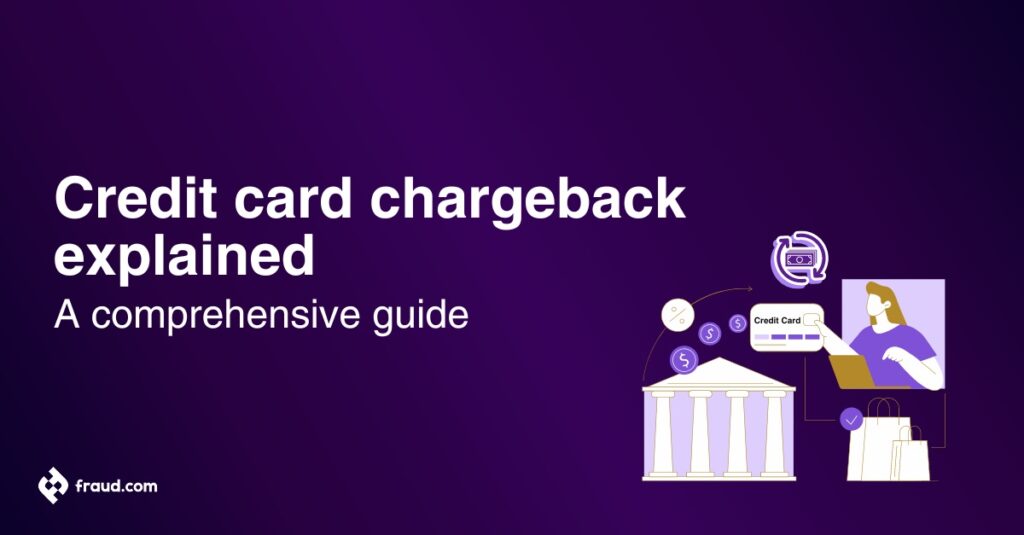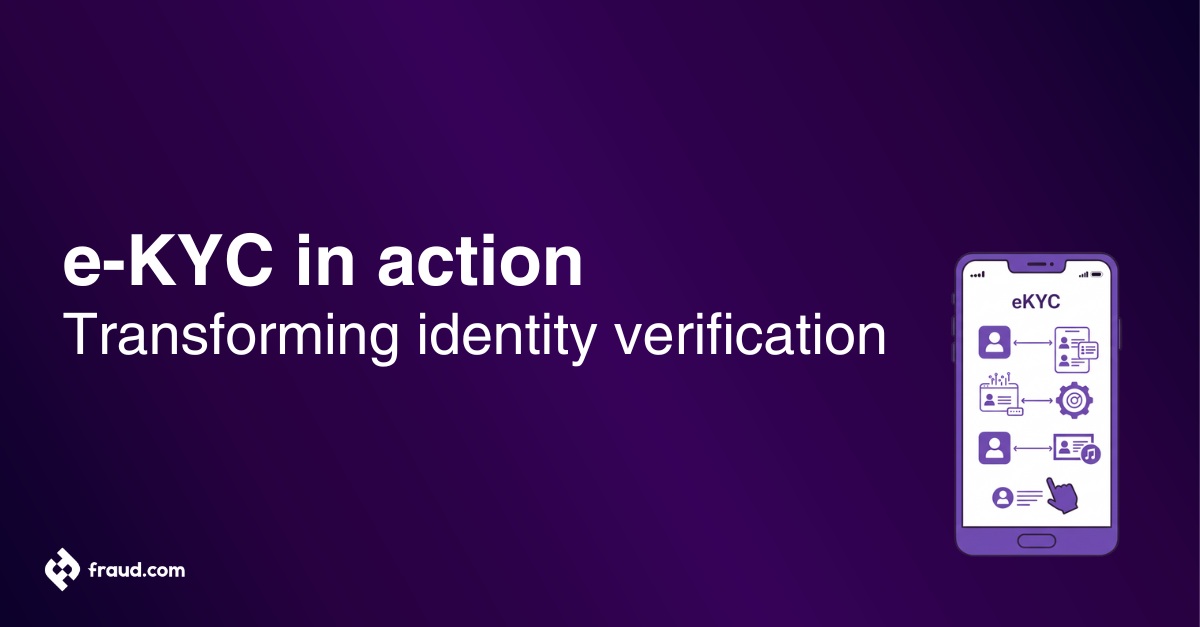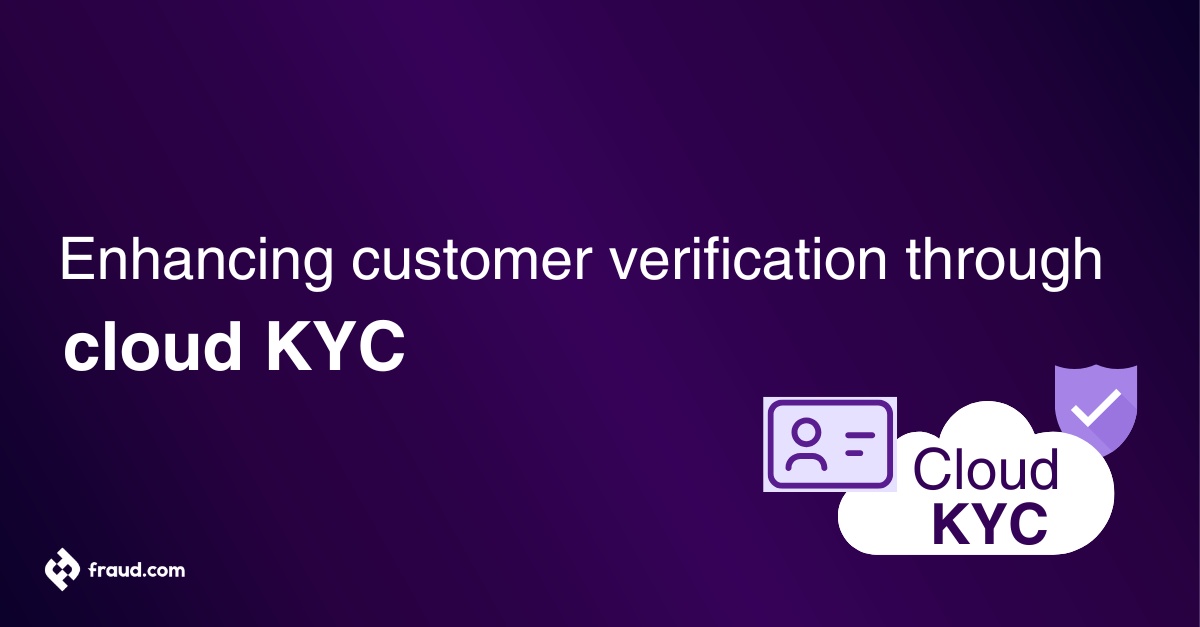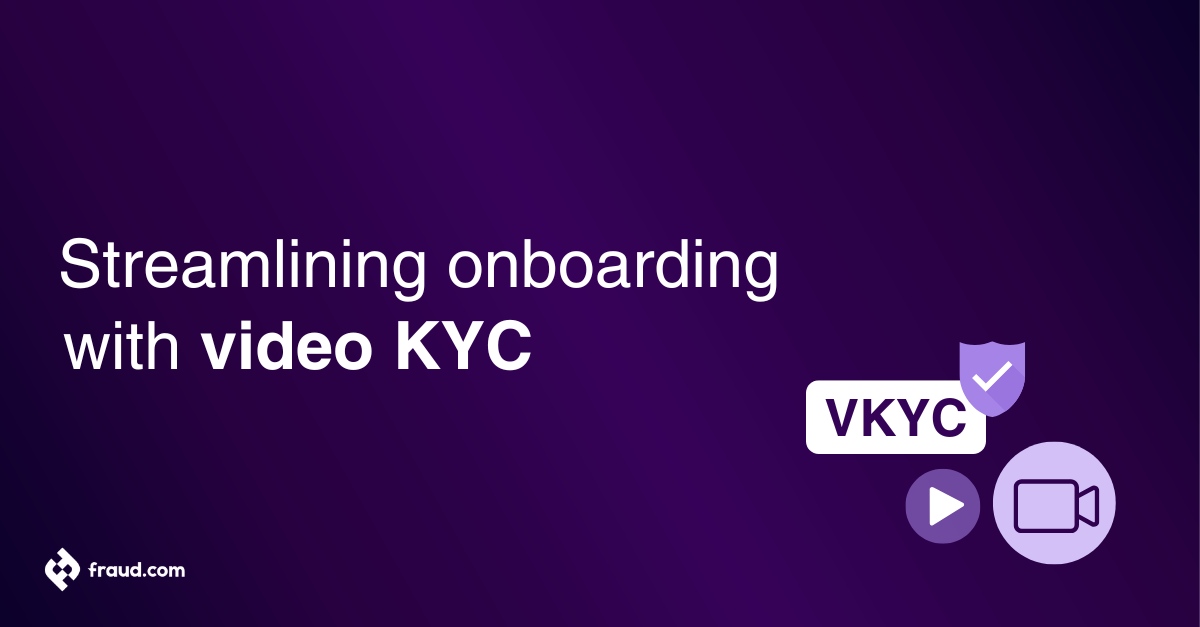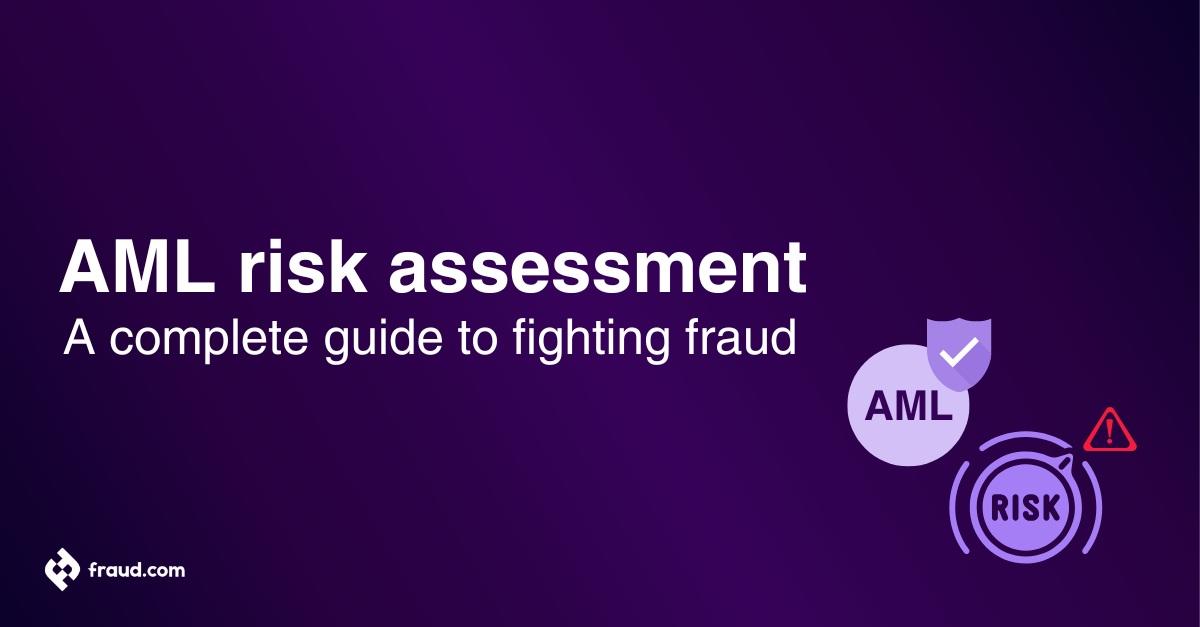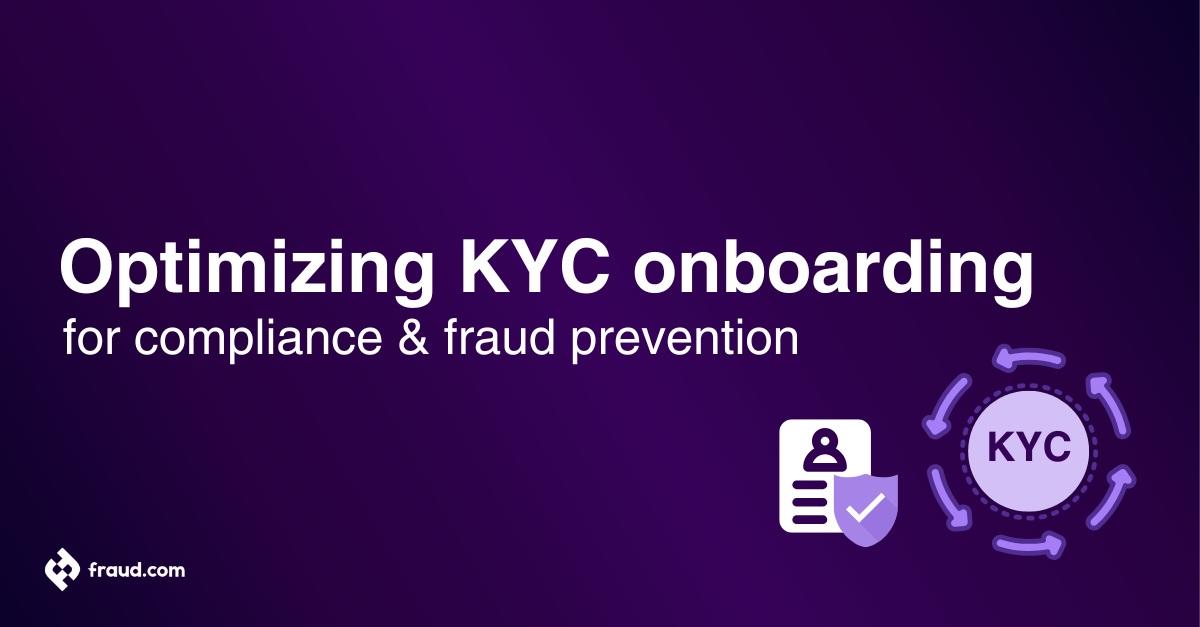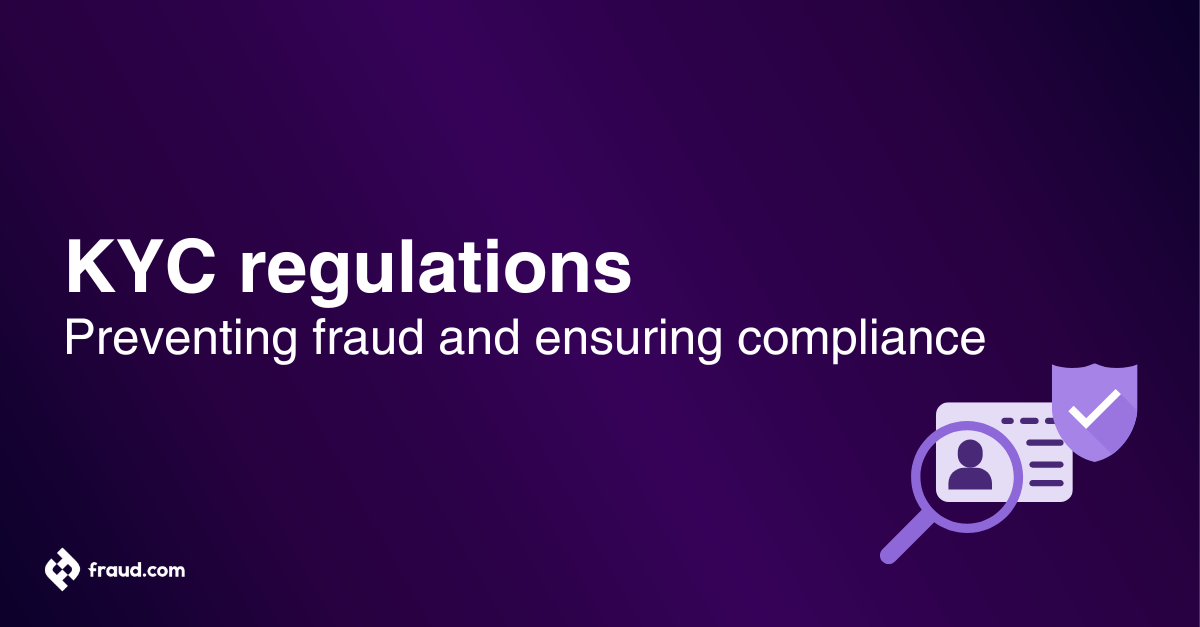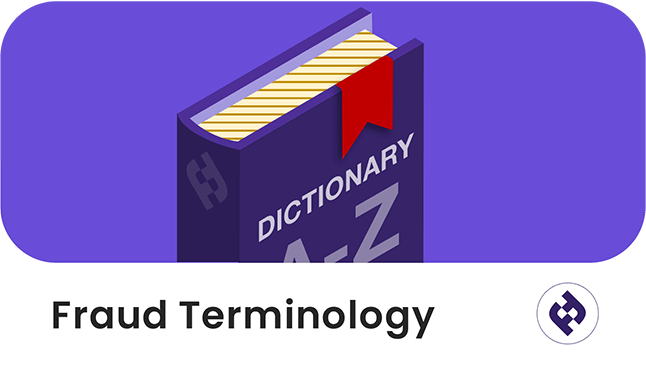Credit card transactions have become an integral part of our daily lives, facilitating convenient and secure payments for goods and services. However, despite the numerous benefits of using credit cards, there are instances where consumers may encounter unauthorized or disputed charges on their statements. This is where the process of credit card chargebacks comes into play.
In this comprehensive guide, we’ll delve into the intricacies of credit card chargebacks, exploring their nuances from both the consumer and merchant/banking perspectives. From grasping the fundamentals of chargebacks to navigating the initiation process and anticipating resolution procedures, this guide caters to seasoned credit card users, merchants, and banking professionals alike. Whether you’re well-versed in plastic payments or new to the concept, this guide equips you with the knowledge and tools necessary for adept dispute management and safeguarding financial interests.
Table of Contents
ToggleWhat is credit card chargeback?
In the world of financial transactions, a credit card chargeback serves as a crucial safety net for consumers facing unauthorized or erroneous charges on their credit card statements. Essentially, it allows cardholders to dispute transactions, whether due to fraud such as credit card fraud, billing inaccuracies, or dissatisfaction with purchased goods or services. Initiated by the cardholder, the chargeback process involves thorough investigation by the issuing bank, merchant, and payment network to determine the validity of the dispute.
Depending on the outcome, the disputed amount may be refunded to the cardholder, reinforcing consumer confidence and ensuring accountability within the electronic payment ecosystem. Understanding the intricacies of credit card chargebacks is essential for consumers to effectively protect their financial interests and navigate disputes with confidence.
How does credit card chargeback work?
Understanding the process of a credit card chargeback is paramount for consumers to effectively navigate disputes and protect their financial interests. Here’s a comprehensive breakdown of the steps involved:
- Identification of discrepancy: The process typically commences when a vigilant cardholder carefuly reviews their credit card statement and detects an unauthorized or erroneous charge. Such discrepancies can arise from various factors, including instances of fraudulent activity, billing inaccuracies, or dissatisfaction with goods or services received. Users must consider the 120 day time limit they usually have to dispute a transaction.
- Initiation of dispute: Upon identifying the irregularity, the concerned cardholder promptly takes action by contacting their issuing bank to initiate the chargeback process. This step usually entails completing a dispute form provided by the bank, wherein the cardholder meticulously outlines the nature of the dispute and provides any relevant supporting documentation, such as transaction receipts or communication records.
- Bank investigation: With the dispute formally lodged, the issuing bank embarks on a thorough investigation to ascertain the validity of the claim. This investigative process encompasses scrutinizing transaction records, engaging in communication with the implicated merchant, and meticulously assessing the evidence presented by the cardholder to substantiate their claim.
- Merchant response: Subsequent to the bank’s initial investigation, the implicated merchant is afforded an opportunity to respond to the dispute. During this phase, the merchant may opt to provide compelling evidence to bolster their case or vehemently contest the chargeback if they perceive it to be unwarranted or unjustified.
- Arbitration by payment network: In the event that the dispute remains unresolved following the initial investigation stage, it may be escalated to the relevant payment network for arbitration. The payment network, such as Visa or Mastercard, assumes the pivotal role of impartial arbiter, scrutinizing the evidence presented by both the cardholder and the merchant to render a fair and just decision.
- Resolution: Based on the culmination of the investigative and arbitration processes, a definitive resolution is ultimately reached. Should the chargeback be deemed valid, the disputed amount is promptly refunded to the cardholder’s account, thereby restoring their financial balance. Conversely, if the chargeback is ultimately rejected, the cardholder retains responsibility for the disputed amount, which consequently remains reflected on their credit card statement.
By comprehensively understanding and navigating through these detailed steps, consumers can adeptly handle the credit card chargeback process, thereby safeguarding their financial interests and fostering a sense of confidence and security in the realm of electronic payments.
The process of chargebacks
While the detailed steps of chargebacks have been covered in section above, it is important to emphasize the significance of this process. The chargeback procedure serves as a vital mechanism for protecting consumers against fraudulent or erroneous transactions, ensuring that their financial interests are safeguarded. Additionally, it holds merchants accountable for their transactions, encouraging them to maintain high standards of service and transparency. By facilitating a fair dispute resolution process, chargebacks contribute to overall trust and security within the payment ecosystem.
Common reasons for credit card chargebacks
Understanding the common triggers behind credit card chargebacks is essential for consumers and merchants alike to navigate disputes effectively. Here are some common causes:
- Fraudulent transactions: Unauthorized purchases made using stolen card information often prompt chargebacks. When a cardholder notices unfamiliar transactions on their statement, they have the right to dispute these charges with their credit card issuer under the Fair Credit Billing Act in the USA and the Consumer Credit Act (CCA) in the UK.
- Non-delivery or defective products/services: Failure to receive purchased items or receiving faulty goods/services can lead to chargebacks. Under the provisions of the Fair Credit Billing Act, consumers can dispute charges for undelivered or subpar products/services directly with their credit card issuer.
- Billing errors: Mistakes in billing, such as overcharges or unauthorized subscription renewals, can trigger chargebacks. Consumers are protected by the Fair Credit Billing Act and the he Consumer Credit Act, which allows them to dispute inaccurate charges and seek rectification from their credit card issuer.
- Identity theft: Instances of identity theft, where fraudulent purchases are made using stolen personal information, often result in chargebacks. Victims of identity theft can dispute unauthorized charges with their credit card issuer to seek resolution and protection.
- Dissatisfaction with products or services: When consumers are dissatisfied with the quality or performance of purchased items or services, they may resort to chargebacks. However, it’s crucial for consumers to exhaust other avenues of dispute resolution with merchants before initiating a chargeback.
In each of these scenarios, the cardholder has the right to dispute the transaction with their credit card issuer. By leveraging the protections offered by various regional acts, consumers can address discrepancies in debit or credit card transactions effectively when a chargeback occurs.
How to prevent chargebacks
Reducing chargebacks protects merchants from losses and helps maintain customer satisfaction. Here are key strategies:
- Clear product information: Ensure product descriptions and policies (returns, refunds, cancellations) are transparent to set accurate expectations.
- Effective customer service: Quickly resolve issues to prevent customers from escalating concerns into chargebacks.
- Secure payment methods: Use secure payment gateways to protect against fraud and build trust.
- Order verification: For high-risk purchases, confirm transaction details with customers to prevent fraud.
- Document transactions: Keep records of sales, receipts, and communications as potential evidence in disputes.
- Proactively use of fraud management platforms: With automation and data integration to detect suspicious transactions early, streamline dispute handling, and gather evidence efficiently, reducing the likelihood of chargebacks.
By following these practices, merchants can minimize chargeback risks and enhance the security of transactions.
Protecting yourself against credit card chargeback fraud
Chargeback fraud poses a significant risk to both consumers and merchants in the digital payment landscape. To mitigate this threat, proactive measures are essential. Here’s a comprehensive guide to safeguarding against chargeback fraud:
- Monitor account activity: Regularly review your credit card statements and transaction history for any unauthorized or unfamiliar charges. Promptly reporting suspicious activity to your credit card issuer can prevent further fraudulent transactions.
- Keep personal information secure: Safeguard your personal and financial information to prevent identity theft. Avoid sharing sensitive data, such as credit card numbers or passwords, on insecure websites or with unknown individuals or organizations.
- Use secure payment methods: Opt for reputable payment methods and platforms when making online purchases. Look for secure checkout processes and ensure that websites are encrypted to protect your information during transactions.
- Be cautious with online transactions: Exercise caution when making purchases from unfamiliar or unverified websites. Verify the legitimacy of online sellers, read reviews, and look for trust signals, such as secure payment icons and privacy policies.
- Understand return policies: Familiarize yourself with the return policies of merchants before making purchases. Clear return policies can help resolve disputes directly with the merchant and minimize the need for chargebacks.
- Document transactions: Keep records of online purchases, including order confirmations, receipts, and correspondence with merchants. These documents can serve as evidence in the event of a dispute or chargeback.
- Communicate with merchants: If you encounter issues with a purchase, communicate directly with the merchant to seek resolution before initiating a chargeback. Many disputes can be resolved amicably through effective communication and cooperation.
- Stay informed: Stay updated on best practices for preventing fraud and chargebacks. Monitor alerts and notifications from your credit card issuer regarding security updates or potential breaches.
By implementing these proactive measures, consumers can effectively protect themselves against chargeback fraud and maintain confidence in the security of their financial transactions. Additionally, merchants can benefit from implementing fraud detection and prevention measures to mitigate the risk of chargeback fraud and safeguard their businesses.
Credit card chargeback operations
Behind the scenes of credit card chargebacks lies a structured operational framework that ensures fair and efficient resolution of disputes. Here’s an insight into the operations involved:
- Initiation and documentation: The process begins when a cardholder identifies a discrepancy in their credit card statement and contacts their issuing bank to initiate a chargeback. The cardholder provides relevant documentation, such as transaction details and evidence of the dispute, to support their claim.
- Investigation by issuing bank: Upon receiving the dispute, the issuing bank conducts a thorough investigation to determine the validity of the claim. This involves reviewing transaction records, communicating with the merchant, and assessing the evidence provided by the cardholder.
- Merchant response: Following the investigation, the merchant is notified of the dispute and given an opportunity to respond. The merchant may provide evidence to support their case or contest the chargeback if they believe it to be unwarranted.
- Arbitration by payment network: If the dispute remains unresolved after the initial investigation, it may be escalated to the relevant payment network, such as Visa or Mastercard, for arbitration. The payment network serves as an impartial arbiter, considering the evidence presented by both parties to reach a fair decision.
- Resolution and refund: Based on the findings of the investigation and arbitration process, a resolution is reached. If the chargeback is deemed valid, the disputed amount is refunded to the cardholder’s account. Conversely, if the chargeback is rejected, the cardholder retains responsibility for the disputed amount.
- Reporting and analysis: Issuing banks and payment networks maintain records of chargeback transactions for reporting and analysis purposes. This data helps identify trends, patterns, and areas for improvement in fraud prevention and dispute resolution processes.
- Continuous improvement: Credit card issuers, merchants, and payment networks continually refine their chargeback operations to enhance efficiency, accuracy, and customer satisfaction. This may involve implementing advanced fraud detection tools, streamlining dispute resolution procedures, and providing education and support to cardholders and merchants.
Understanding the intricacies of credit card chargeback operations is crucial for all stakeholders involved in the payment ecosystem. By adhering to established procedures and best practices, issuers, merchants, and cardholders can contribute to a transparent and secure environment for electronic transactions.
How to respond to chargebacks
Responding effectively to chargebacks is essential for merchants looking to protect revenue and maintain relationships with payment processors. Here’s a streamlined approach:
- Review the notification: Begin by examining the chargeback details provided by the payment processor, including the reason and deadline for response.
- Gather documentation: Collect all relevant records, such as transaction details, shipping confirmations, and customer communications, to support your case.
- Assess validity: Determine if the chargeback is justified. If unwarranted, prepare to dispute it with evidence.
- Prepare your response: Draft a clear response that addresses the chargeback reason, referencing your supporting documentation.
- Use fraud management platforms: Leverage fraud management platforms with orchestration tools to streamline the response process. These tools automate data collection and enhance your ability to detect and prevent fraud, reducing chargeback risks.
- Submit timely: Ensure your response is submitted within the specified timeframe to avoid automatic losses.
- Follow up: Monitor the status of your response and be ready for any follow-up requests from the payment processor.
- Learn from experience: Review the chargeback incident to identify patterns and improve future practices.
By taking a structured approach, merchants can advocate for themselves effectively, recover lost revenue, and strengthen their defenses against future chargebacks.
Efficient chargeback and dispute management with fcase
Take full control over your chargeback and dispute operations with fcase, a pioneering solution in fraud operations management. Adopt advanced case management and automated workflow capabilities to automate, streamline, and optimize your chargeback processes.
Key features include:
- Automated data collection: Quickly import dispute data from various sources to prevent chargebacks before they escalate.
- Efficient case resolution: Manage chargeback disputes and automate evidence gathering, allowing your customer service teams to resolve issues promptly.
- Chargeback rate monitoring: Keep track of chargeback rates for each merchant account to comply with card network standards.
- Comprehensive reporting: Generate reports to identify trends and areas for improvement, including transaction details, chargeback reasons, and costs.
By leveraging fcase, you can enhance your chargeback management processes, reduce operational costs, and safeguard your business against financial risks.
Credit card chargeback FAQ
| Question | Answer |
|---|---|
| What is a credit card chargeback? | A chargeback is a process that allows consumers to dispute unauthorized or erroneous charges on their credit card statements, leading to a refund. |
| How is a chargeback initiated? | To initiate a chargeback, the concerned party should contact the issuing bank and provide details about the disputed transaction, along with any supporting documentation. |
| What are common reasons for chargebacks? | Common reasons for chargebacks include fraudulent transactions, non-delivery of products, billing errors, identity theft, and dissatisfaction with goods or services. |
| What is the typical time frame for disputing a charge? | Generally, there is a 120-day period from the date of the transaction to dispute a charge, although this can vary by issuer and transaction type. |
| What occurs after a chargeback is filed? | After a chargeback is filed, the issuing bank conducts an investigation, reviewing evidence from both the cardholder and the merchant before reaching a decision. |
| Can merchants contest a chargeback? | Yes, merchants have the right to contest chargebacks by providing evidence to support their case during the investigation process, potentially reversing the chargeback. |
| What happens if a chargeback is denied? | If a chargeback is denied, the disputed amount remains charged to the account, and it may be necessary to explore other avenues for resolution with the merchant. |
| How can chargebacks be prevented? | Chargebacks can be prevented by regularly monitoring accounts, securing personal information, using reputable payment methods, and communicating directly with merchants regarding any issues. |
| What is the impact of chargebacks on merchants? | Chargebacks can negatively impact merchants by increasing operational costs, affecting their merchant account status, and potentially leading to penalties from payment networks. |
| How do chargebacks affect credit scores? | Chargebacks typically do not directly affect credit scores; however, unresolved chargebacks may lead to outstanding debts that could impact credit if left unpaid. |
| What steps can merchants take to reduce chargebacks? | Merchants can reduce chargebacks by ensuring clear communication with customers, maintaining accurate billing practices, providing effective customer service, and implementing fraud prevention measures. |
| Are there fees associated with chargebacks? | Yes, there are fees associated with chargebacks, which may affect both consumers and merchants. Merchants may incur fees from their payment processor for each chargeback received. |

